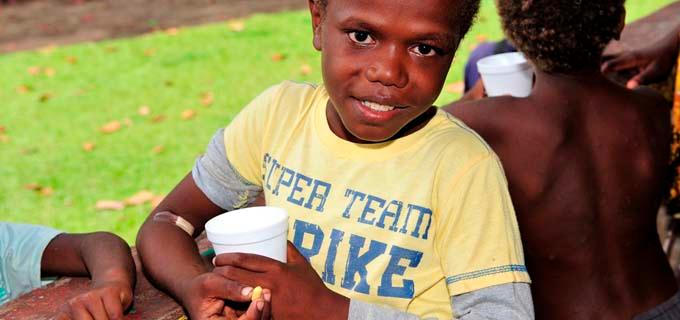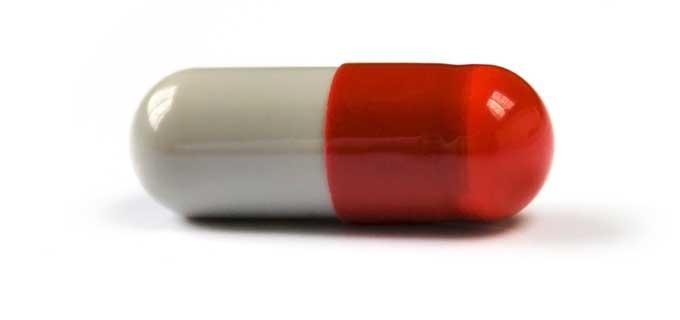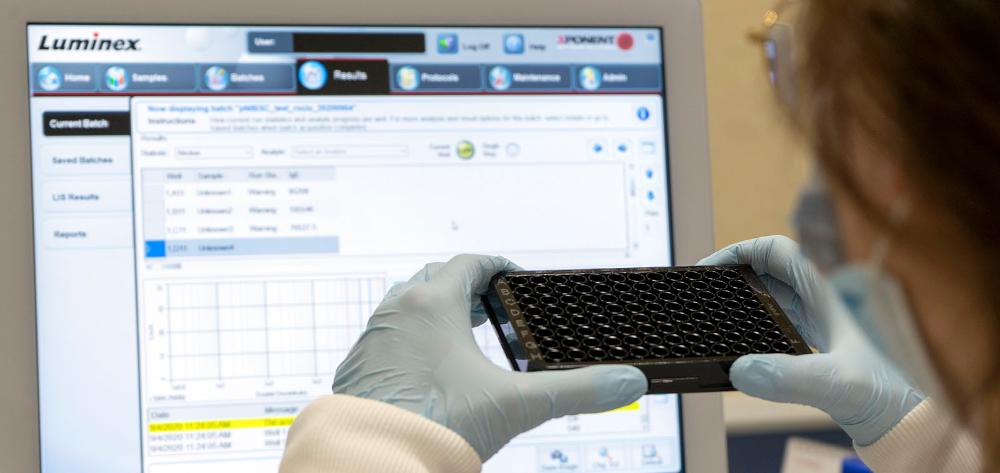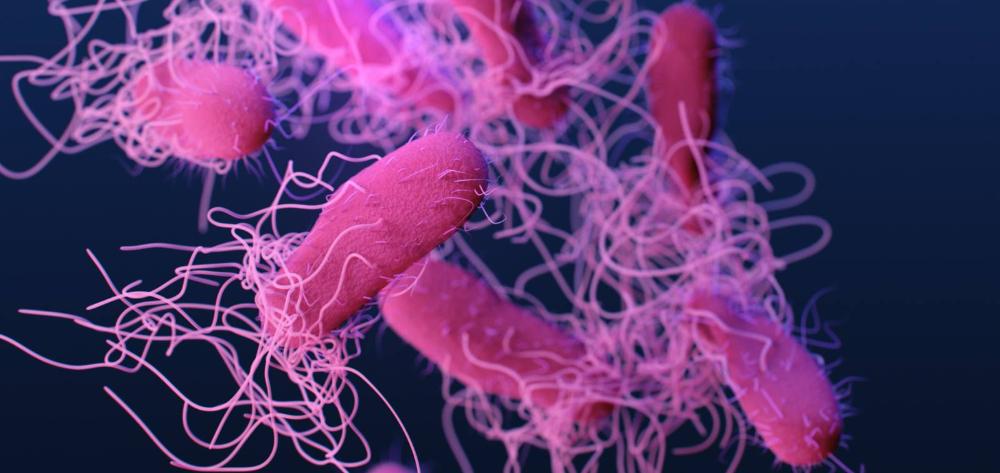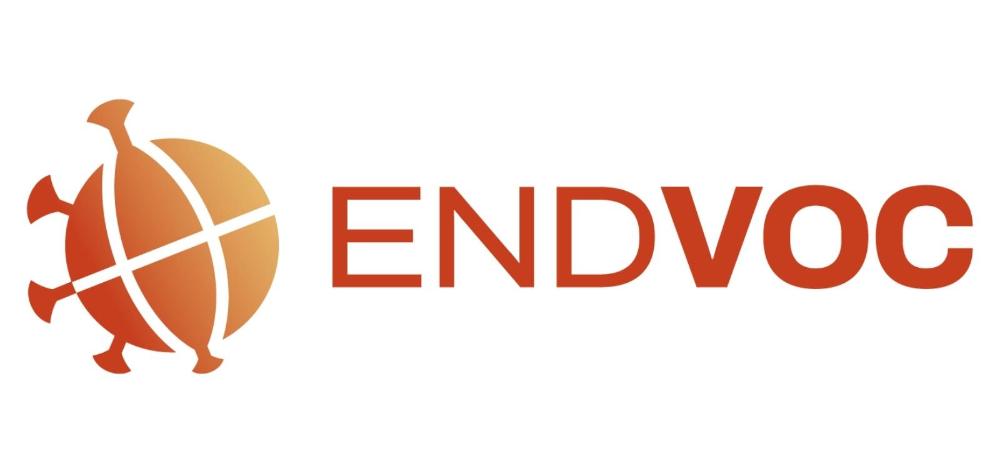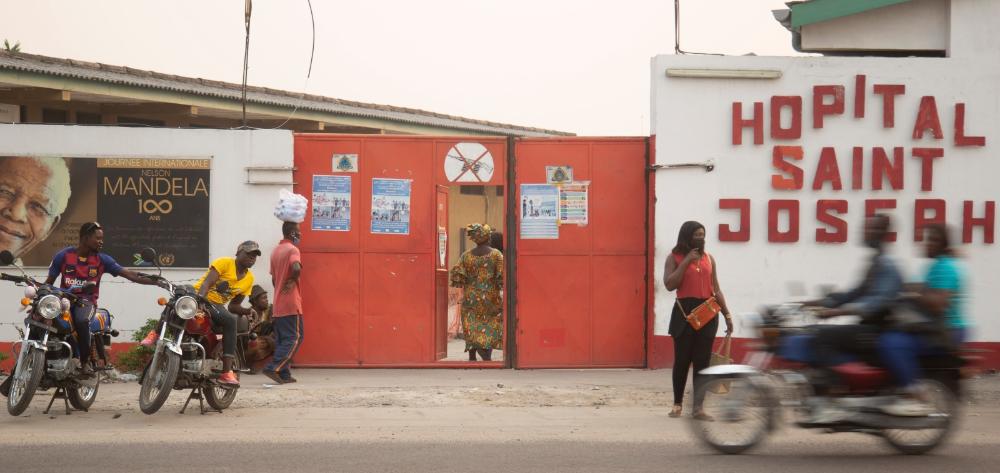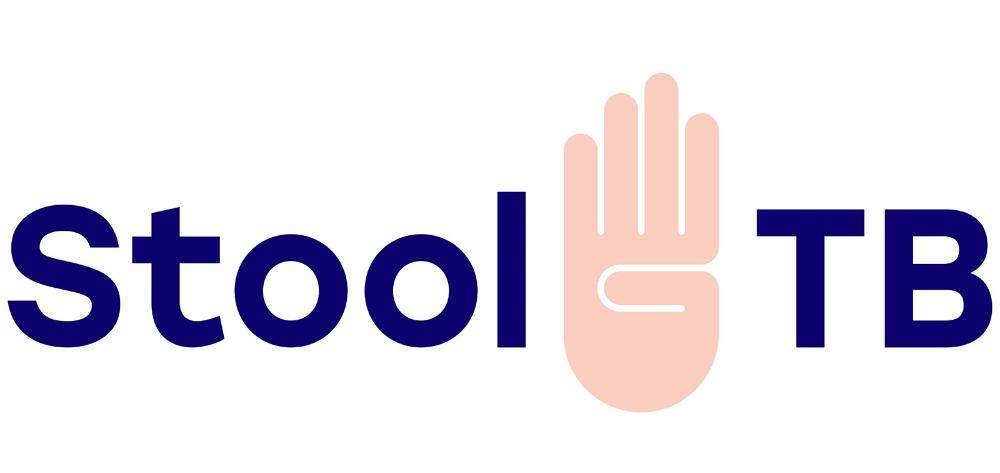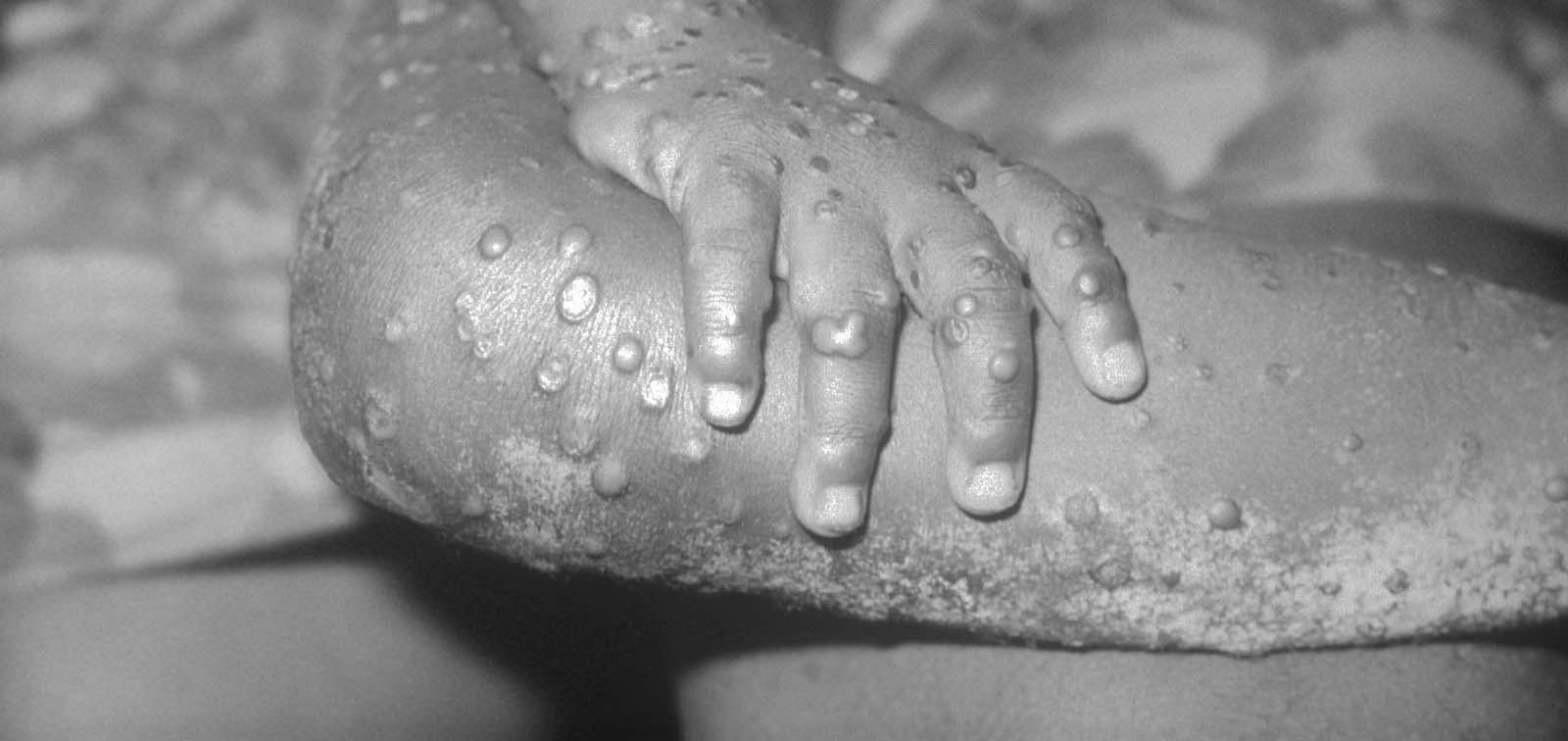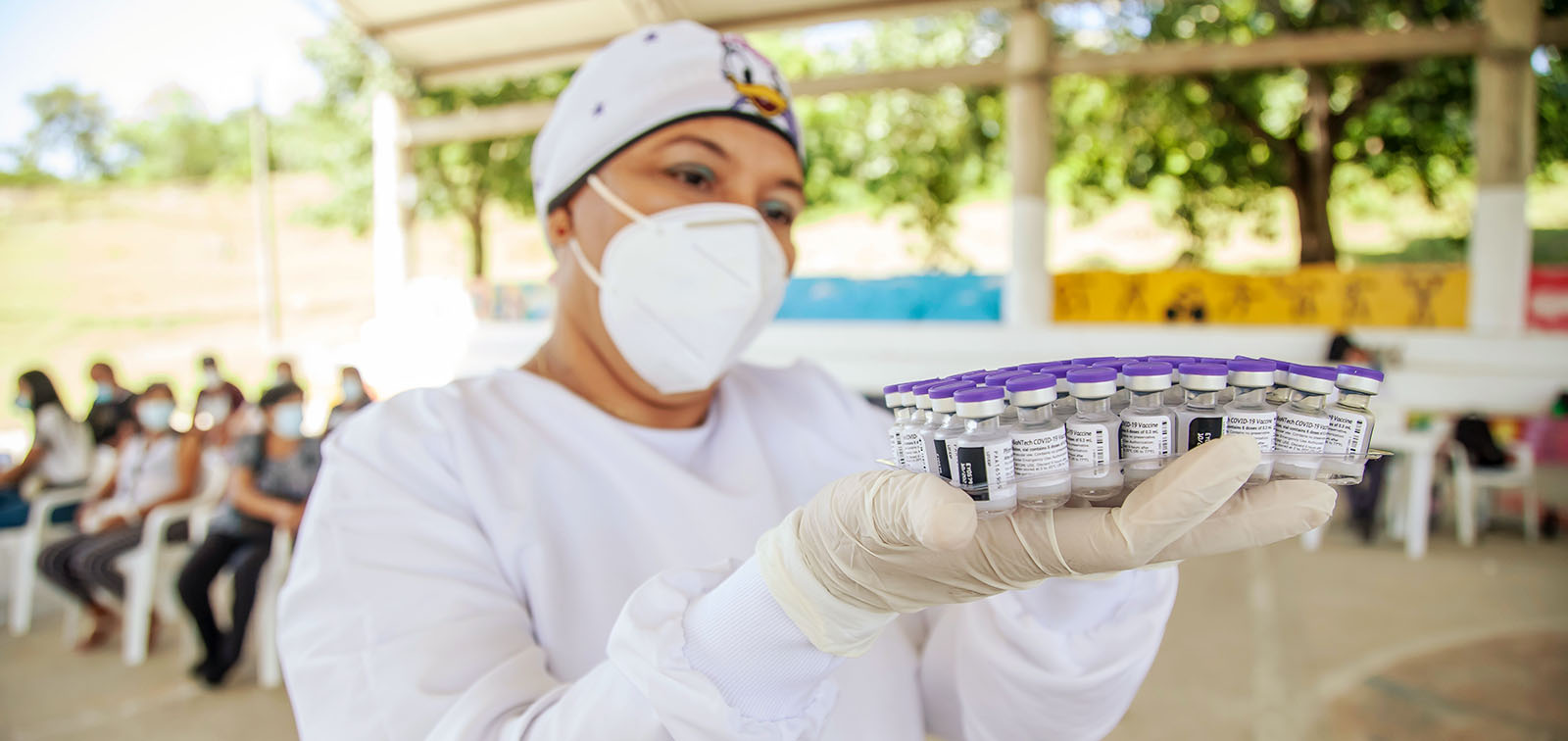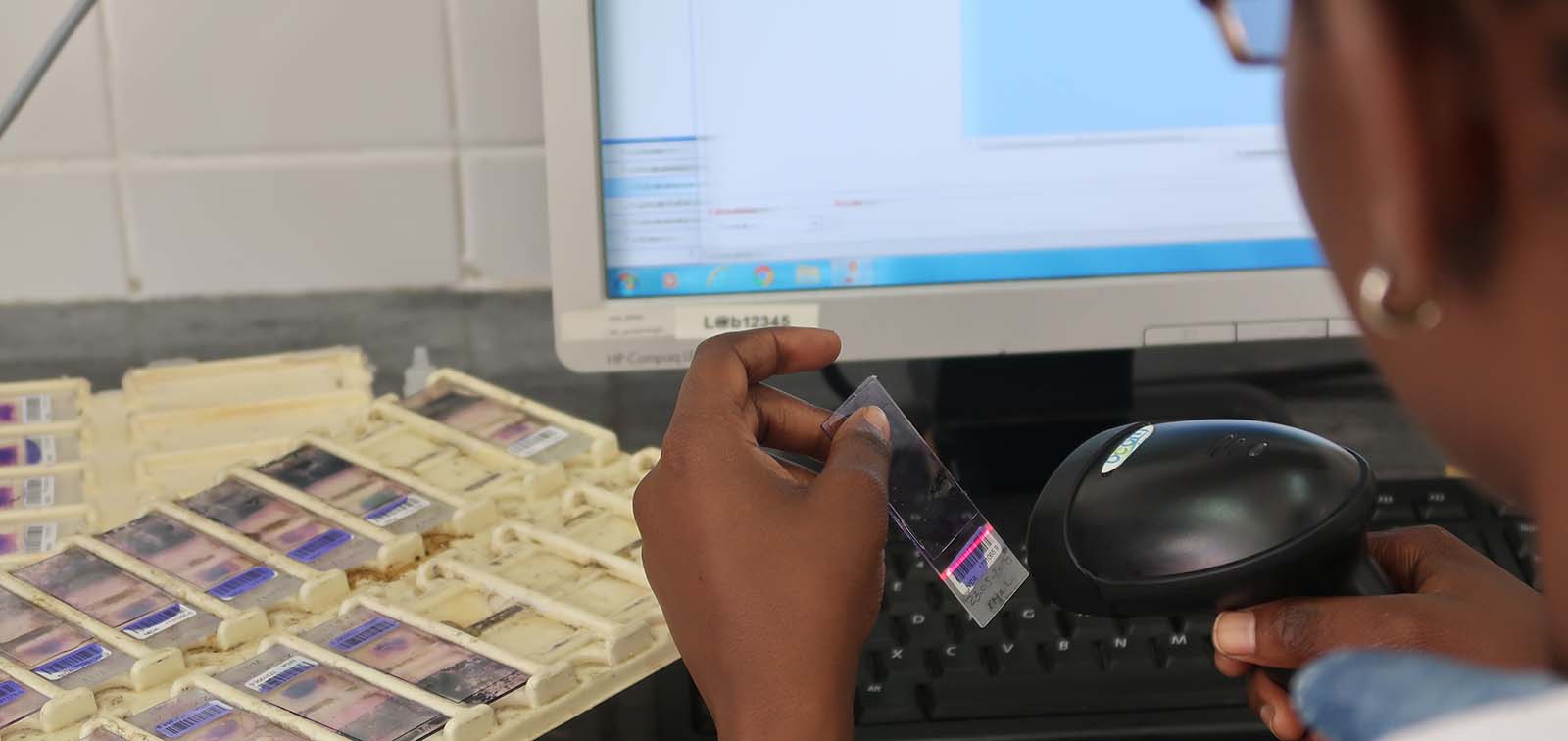Infectious diseases are caused by pathogenic microorganisms, such as bacteria, viruses, parasites or fungi, and can be transmitted directly or indirectly from one person to another. Despite medical advances, viral and bacterial infectious diseases remain one of the leading causes of death worldwide.
The Viral and Bacterial Infections programme at ISGlobal comprises 15 research groups working on a wide range of viral and bacterial pathogens and encompasses a large, multidisciplinary and translational research portfolio ranging from basic science to clinical, epidemiological and public health-oriented research. Our main objective is to reduce the burden of major viral and bacterial diseases by providing society with new tools for prevention, diagnosis and treatment.
Specific Goals
- To enhance knowledge of the pathophysiology and molecular biology of pathogens.
- To design and develop new tools for the prevention, diagnosis and treatment of major viral and bacterial infections.
- To understand the immune response and the role of the microbiota against these infections.
- To conduct implementation science to develop and assess strategies for the delivery of proven effective interventions.
The programme, through the research groups involved, has a strong international presence by belonging to important networks such as B2B2B AMRx, by organising and participating in international seminars, conferences and workshops, and by coordinating and/or participating as partners in relevant projects funded by international agencies such as Horizon Europe (e.g. EChiLiBRiST), NIH, EDCTP (e.g. EXULTANT, Stool4TB), Bill and Belinda Gates (ICARIA), ANTICOV projects.
In addition, most of the programme's PIs collaborate with other ISGlobal programmes to develop projects and ideas, including those that do not have a second affiliation.
Main Lines of Research
The programme spans a range of disciplines that are crucial to advancing our understanding of and response to viral and bacterial infectious diseases. In molecular biology and pathophysiology, we study the intricate ways in which different pathogenic micro-organisms infect our bodies, causing disease, and seek potential targets to develop new drugs. In addition, our work in immunology and microbiome research is unravelling the interactions between the immune response and the gut microbiota, shedding light on how they influence the pathogenesis and virulence of viruses and bacteria. This knowledge is fundamental to understanding natural protection from —or susceptibility to— infection and disease.
Furthermore, drug discovery efforts include the exploration of molecules from both natural and synthetic sources, including small molecules and peptides, while identifying potential targets for novel drug candidates. Through molecular and clinical epidemiology studies, we investigate disease patterns, their causes and impact on populations, and the association between exposures or treatments and health outcomes. This knowledge is the basis for informing strategies to reduce the burden of infection in vulnerable populations and developing clinical practice guidelines.
Our expertise extends to the design, development and validation of diagnostic and screening tools. Our staff are involved in different steps of the value chain, from biomarker discovery to field validation and impact assessment. The programme also plays a key role in the development of treatment and prevention tools. We actively participate in vaccine and drug clinical trials in Europe, Africa and Latin America, depending on the epidemiology of the pathogen and the needs of the population.
Finally, the programme's focus on monitoring and evaluation, implementation science and public health enables us to develop and assess effective strategies for delivering proven interventions.
Research Groups
- Antimicrobial resistance (Jordi Vila, Sara M. Soto and Ignasi Roca)
- Bacterial infections (Jordi Vila, Sara M. Soto and Quique Bassat)
- Health and economic impact assessment (Davide Rasella and Elisa Sicuri)
- Public Health Liver Group (Jeffrey Lazarus)
- HIV (Denise Naniche)
- Malaria Immunology (Carlota Dobaño and Gemma Moncunill)
- Maternal and children’s infections (Clara Menéndez and Azucena Bardají)
- Migrant Health (Ana Requena)
- Mycobacteria (Julià González and Griselda Tudó - Hospital Clinic Group)
- Tropical diseases (Jose Muñoz and Claudio Parolo)
- Tuberculosis (Alberto García-Basteiro)
- Viral infections (Mike Martínez and M. Angeles Marcos)
Our Team
Leadership
-
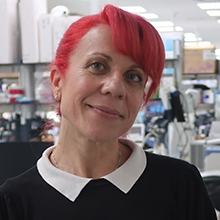 Sara Soto González Associate Research Professor and Head of the Viral and Bacterial Infections Programme at ISGlobal.
Sara Soto González Associate Research Professor and Head of the Viral and Bacterial Infections Programme at ISGlobal.
Principal lnvestigators of the Programme
-
Miriam Jose Álvarez Martínez
-
 Azucena Bardají Associate Research Professor
Azucena Bardají Associate Research Professor -
 Quique Bassat Orellana Director General
Quique Bassat Orellana Director General -
 Climent Casals-Pascual Associate Research Professor
Climent Casals-Pascual Associate Research Professor -
 Silvia de Sanjosé Associate Researcher
Silvia de Sanjosé Associate Researcher -
 Elizabet Diago Associated Researcher
Elizabet Diago Associated Researcher -
 Carlota Dobaño Research Professor
Carlota Dobaño Research Professor -
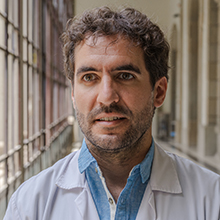 Alberto García-Basteiro Associate Research Professor
Alberto García-Basteiro Associate Research Professor -
 Raquel González Associated Researcher
Raquel González Associated Researcher -
Julià González Associated Researcher
-
 Jeffrey Lazarus Head of the Public Health Liver Group
Jeffrey Lazarus Head of the Public Health Liver Group -

-
 Elisa López Varela Associated Researcher
Elisa López Varela Associated Researcher -
Inácio Mandomando
-
 Mª Ángeles Marcos Associate Researcher
Mª Ángeles Marcos Associate Researcher -
-
 Miguel Martínez Medical Research Fellow
Miguel Martínez Medical Research Fellow -
Clara Menéndez Santos
-
 Gemma Moncunill Assistant Research Professor
Gemma Moncunill Assistant Research Professor -
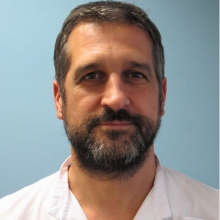 Jose Muñoz Associate Research Professor
Jose Muñoz Associate Research Professor -
 DENISE NANICHE Scientific Director
DENISE NANICHE Scientific Director -
 Claudio Parolo Associated Researcher
Claudio Parolo Associated Researcher -
 Otavio Ranzani Assistant Research Professor
Otavio Ranzani Assistant Research Professor -
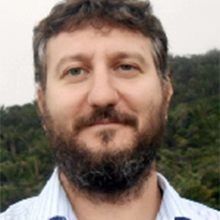 Davide Rasella ICREA Research Professor and Head of the Health Impact Assessment and Evaluation Group
Davide Rasella ICREA Research Professor and Head of the Health Impact Assessment and Evaluation Group -
 Ana Requena Méndez Assistant Research Professor
Ana Requena Méndez Assistant Research Professor -
 Ignasi Roca Associated Researcher
Ignasi Roca Associated Researcher -
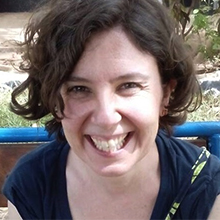 Elisa Sicuri Associate Research Professor
Elisa Sicuri Associate Research Professor -
Griselda Tudó Vilanova
-
 Jordi Vila Estapé Research Professor and Director of the Antimicrobial Resistance Initiative
Jordi Vila Estapé Research Professor and Director of the Antimicrobial Resistance Initiative -
Anna Vilella Associated Researcher
Highlighted Projects
Evaluation of Strategies for Yaws Eradication
Yaws eradication
Novel Marine Biomolecules against Biofilm (NoMorFilm)
Application to medical devices
COMBACTE-CARE
Combatting Bacterial Resistance in Europe - Carbapenem Resistance
Projecte de Recerca en Resposta Immunitària i Epidemiologia de Malalties Infeccioses
Conèixer la propagació. Entendre la protecció
Hepatitis C Free Baleares
Eliminating hepatitis C on the Balearic Islands (Mallorca, Menorca and Ibiza): a study in governmental and non-governmental addiction service centres, a mobile methadone unit and a prison to test and link people who use drugs to HCV care.
Nuevos complejos de oro (III) frente a bacterias multirresistentes
Project Code: DTS21/00004
Desarrollo de dos nuevas estrategias terapéuticas (inhibidores de bombas de expulsion y ARN antisentido) activos frente a bacterias mutliresistentes
Más allá de la supresión vírica del VIH: un cuarto noventa para mejorar la salud de personas viviendo con el VIH en España
Project Code: PI20/01654
COMBACTE
Combating Bacterial Resistance In Europe
TwinAir
Digital Twins Enabled Indoor Air Quality Management for Healthy Living
END-VOC
ENDing COVID-19 Variants Of concern through Cohort studies (END-VOC)
GAMA
Development of Novel Gastrointestinal Biomarkers for Use in HIV Incidence Determination in a Sub-Saharan African Setting
INTE-AFRICA
Integrating and decentralizing diabetes and hypertension services in Africa
ANTICOV
Large Clinical Trial in Africa on the Treatment of Mild Cases of COVID-19
Stool4TB
Evaluating a new stool based qPCR for diagnosis of tuberculosis in children and people living with HIV
Other projects
See Past ProjectsEpiGen
Building Scalable Pathogen Genomic Epidemiology in Ethiopia
TB-RECONNECT
Reconnecting Transmission to Global Tuberculosis Control by Mapping Pathogen Transmission Events to Host Infection Status
Estudio de la propagación de bacterias y genes de resistencia a los antibióticos en el ciclo integral del agua, en el área metropolitana de Barcelona
Propagación de la resistencia en aguas
PreFIT
Predicting the Future: Incipient Tuberculosis
Predicting the Future: Incipient Tuberculosis
ENDÈMIC
Community knowledge generation through scientific culture, urban ecology and art
FLAVOBAC
Nuevas moléculas de oro coordinadas con flavonoides contra bacterias patógenas multirresistentes prioritarias




